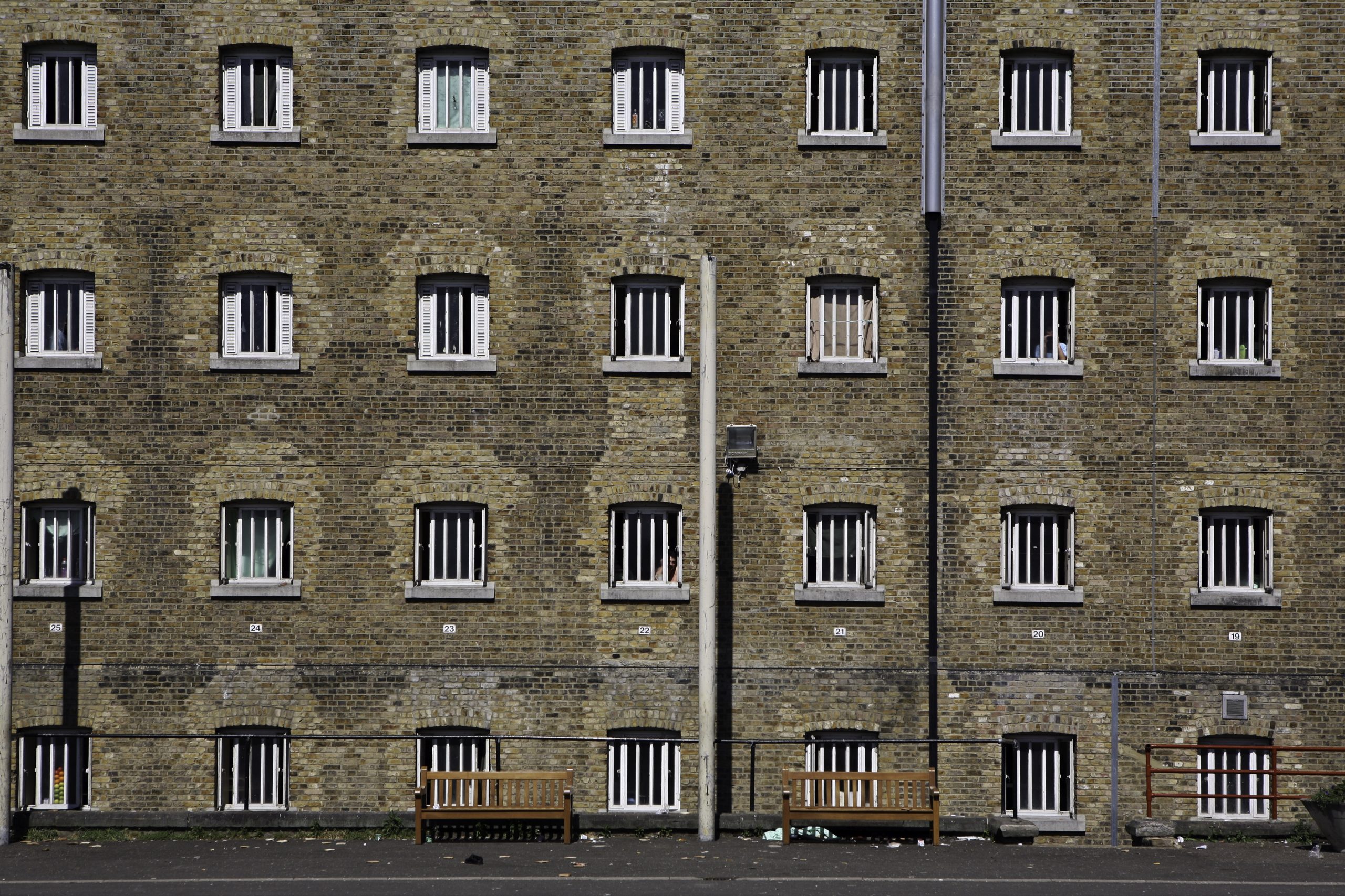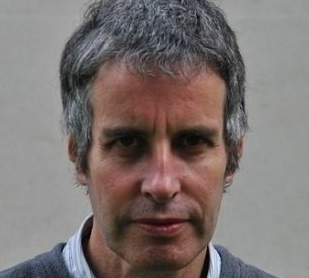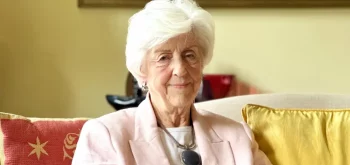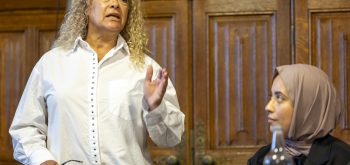This is a slight deviation from the theme of the Justice Delusion and the plight of the Cardiff innocence project and its clients. However, there are a couple of topical issues which are closely related to our concerns that are worth highlighting before wider interest fades again.
A few years ago, pictures were widely published of the body of a Syrian child refugee washed up on a Turkish beach. Suddenly for a short while the media, and to a degree the public, became concerned about the plight of refugees, as if this was something new. It was as if they had not noticed the hundreds, if not thousands, of similar incidents reported but without the specific visual impact.
“The media” knows how to direct attention to an issue and, in many cases, such as the one above, we should be grateful that it does; even if the concern may be short lived, it just might make some difference. We know from our own experience when we have had our very rare appeal successes, that the media wants a story. Unfortunately, without such “hooks” the soul-destroying carnage of the system continues, and the issues remain unaddressed. The real story of our project, and the miscarriage of justice world generallys that there are a whole host of systemic problems which are affecting countless individuals; single cases don’t really give the true picture. Nonetheless “news” can bring about change and it is worth mentioning a couple of recent events that just might have some impact.
First, the Andy Malkinson case has highlighted flaws in the appeal system and how the outstanding work of the legal charity “Appeal” was needed to overcome the institutional resistance of the CCRC/Court of Appeal. This has created widespread calls for reform of the appeal system even from those who have previously shown resolute determination to preserve the system, faults and all, such as former Justice Secretary Robert Buckland and former Lord Chief Justice Thomas.
There was no similar reaction to the almost identical case of Victor Nealon (CCRC failure to test – active lawyers making the difference). The media did not pick this up in the same way – maybe Mr Malkinson is more media effective. Of course, Mr Malkinson’s case is not even the tip of the iceberg as far as wrongful convictions are concerned – there are undoubtedly hundreds and probably thousands of wrongly convicted people rotting in the system and stonewalled by the Court of Appeal and the CCRC.
Second, the escape of Daniel Khalife from the rat-invested hell hole of Wandsworth prison has at last got people talking, not only about prison security, but also about prison conditions. There are now even a few people questioning whether keeping people locked in cells for 22 hours a day is a fitting practice in a civilised society. It used to upset me as a child seeing animals kept in those conditions in zoos, now it upset me as an adult to see humans kept that way (at least zoo conditions have generally improved). The United Nations’ Minimum Standards for prisons (the Mandela Rules) defines such treatment for more than 2 weeks as torture. Our so-called civilised society keeps people like this for years (including some innocent people).
The media sometimes does a great job in highlighting these issues but nobody in power seems to do anything about it until some signal event occurs. The Birmingham Six and Guildford Four cases led to the Royal Commission and the establishment of the CCRC (which would have been a good thing if not for remit and culture – no doubt there will be more on that in future articles). Whether the Malkinson case will really bring about change to the appeal system, or just a greater cover-up to avoid further criticism, remains to be seen.
Similarly, just as it took rioting prisoners to bring about the Woolf report and reforms to prison conditions in the early 1990s, we can only hope that Daniel Khalife’s escape might make people think about whether we really want to live in a society that treats prisoners in such inhumane ways. Do we really want to become a mass imprisonment society like the USA, which is a project the current government (and so far as we can tell, the opposition) seems intent on creating. Having said that, we are pretty much there already. We can only hope that Daniel Khalife, inadvertently perhaps, becomes the inspiration for prison reform.
We are fortunate to live in a society where there is a considerable degree of media freedom, but we need to remember that individual stories are not the whole story: they may merely reflect occasional cracks in a greater delusion of justice.
Nonetheless as the late great Leonard Cohen reflected: –
“There is a crack in everything; That’s how the light gets in”.







